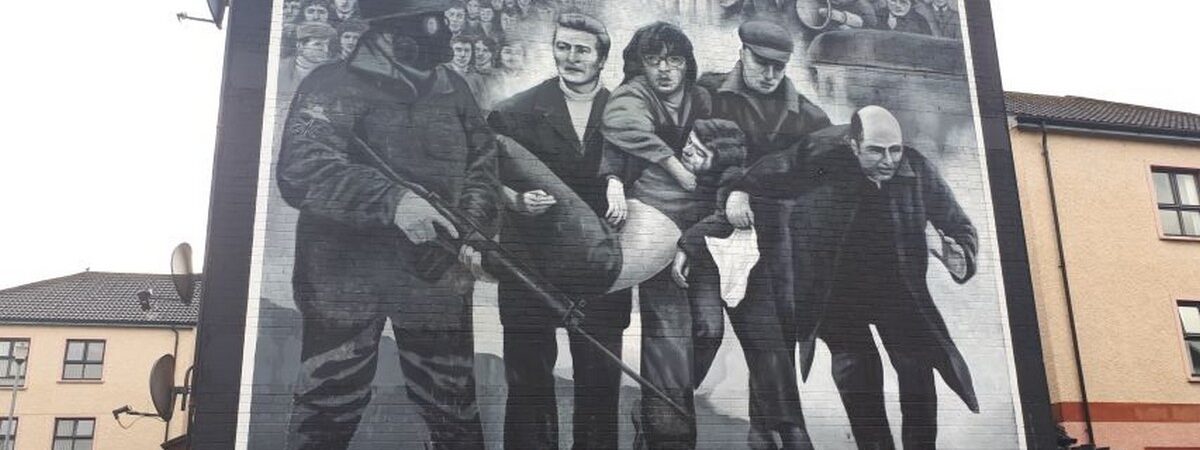
It’s a controversial decision. This Tuesday, September 12, the UK legislature passed a law ending legal action over the violence that has marked Northern Ireland for almost 30 years. A way of burying a thorny issue for the UK.
The United Kingdom has just closed a highly sensitive file. For several years now, the country has had to investigate one of the darkest periods in Northern Irish history, that of the Troubles, which ran from 1969 to 1998.
At the time, Northern Ireland was a province torn apart by communal tensions. It pitted the mainly Protestant Loyalists against the mainly Catholic Republicans. A conflict that quickly degenerated into bombings, shootings and mishaps… Violence was everywhere, crushing towns under barbed wire and military presence.
Over 3,500 people died during this period.
According to official UK figures, around 1,200 of these deaths are still under investigation.
But with this new law, London hopes to close the file on a large number of unsolved cases.
Introduced in May 2022 by the ruling Conservative party, the legislation provides for an end to ongoing legal proceedings against the British military and paramilitary groups willing to collaborate with the government.
Despite strong criticism, the unelected House of Lords voted in favor of the project. King Charles III should now proceed with its promulgation, a step considered a formality.
Nevertheless, the measure has been strongly criticized by the victims’ families, the political class in Northern Ireland and the government of the Republic of Ireland, which is already examining the possibility of challenging the law in the courts. For families who have lost loved ones, this would be a denial of justice, a refusal by the UK to admit what really happened at the time.
The Council of Europe has also expressed “deep concern” at the UK’s inability to find common ground on this controversial issue.
On Tuesday, the Office of the United Nations High Commissioner for Human Rights expressed its “regrets” on the X network (formerly Twitter), saying that the law violated the UK’s international human rights obligations.
We call for a re-evaluation of this law, placing the rights of victims at the heart of discussions on the legacy of the conflict,” added the organization.
On the other hand, many British veterans’ groups applauded the decision, explaining how anxiety-provoking its investigations could be for them, many years after the fact.